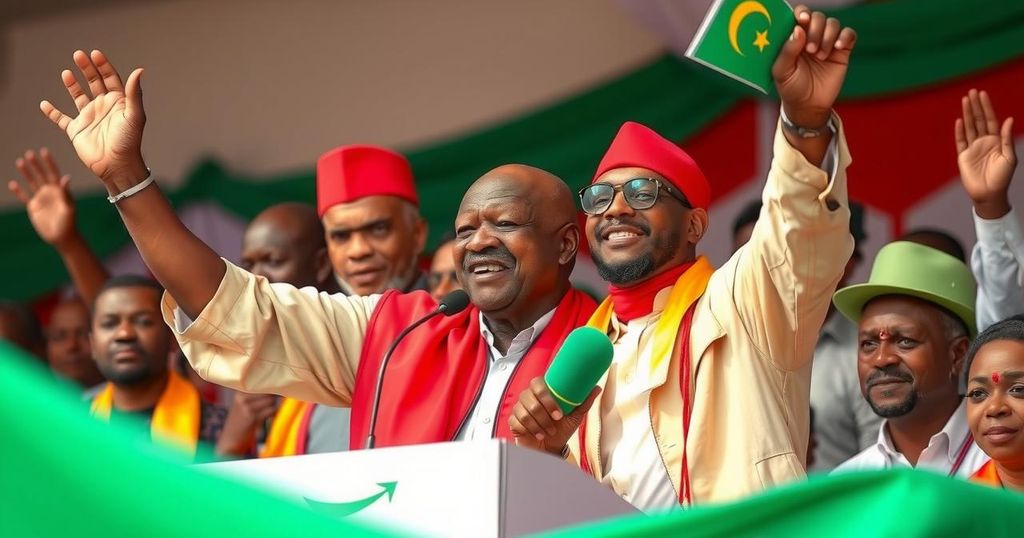Chad’s Ruling Party Secures Majority in Boycotted Parliamentary Elections

Chad’s ruling party won a majority in parliamentary elections that were boycotted by the main opposition. The Patriotic Salvation Movement gained 124 out of 188 seats, amid claims that the election lacked credibility. This vote is seen as pivotal for consolidating President Mahamat Idriss Deby’s power and is a significant step in Chad’s transition to democracy following a military takeover in 2021.
Chad’s ruling party has achieved a significant victory in parliamentary elections held last month, in which the main opposition parties opted to boycott. According to provisional results released by Ahmed Bartchiret, head of the electoral commission, the Patriotic Salvation Movement secured 124 out of a possible 188 seats, with a voter turnout of 51.5%. This election marked the first parliamentary process in over ten years and is seen as a consolidation of power under President Mahamat Idriss Deby, who took command as a military leader in 2021 following the death of his father, longstanding President Idriss Deby Itno.
The parliamentary elections, which also encompassed regional and municipal votes, represent one of the final components of Chad’s transition to democracy. President Deby has indicated that this election is intended to promote decentralization, aiming to distribute governmental authority across various provincial and municipal levels. However, the election was largely dismissed by the opposition as a mere “charade.” More than ten opposition parties, including the prominent Transformers party and its candidate Succes Masra, boycotted the elections, citing concerns over credibility.
Chad is currently navigating a complex security landscape, which includes threats from Boko Haram in the Lake Chad region as well as the recent disruption of longstanding military collaborations with France, a crucial ally, during this sensitive political transition.
Chad’s political landscape has been tumultuous since the military takeover led by Mahamat Idriss Deby in 2021. Deby ascended to power following his father’s death, Idriss Deby Itno, who had ruled for three decades. The recent parliamentary elections are pivotal as they are deemed necessary for the finalization of the country’s democratic transition. Critics, particularly from the opposition, express skepticism regarding the legitimacy of these elections, fearing a repetition of past electoral processes criticized for lack of transparency and fairness. The broader context includes ongoing security threats and shifting alliances that add to the complexity of Chad’s political climate.
In conclusion, the ruling Patriotic Salvation Movement’s decisive win in the recent parliamentary election, amid a boycott by the main opposition parties, underscores the consolidation of power under President Mahamat Idriss Deby. While the government advocates that these elections will facilitate needed decentralization, widespread skepticism from opposition groups suggests ongoing concerns regarding electoral integrity. The political future of Chad remains uncertain as it confronts both internal challenges and evolving international relations.
Original Source: abcnews.go.com








